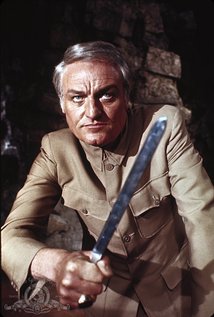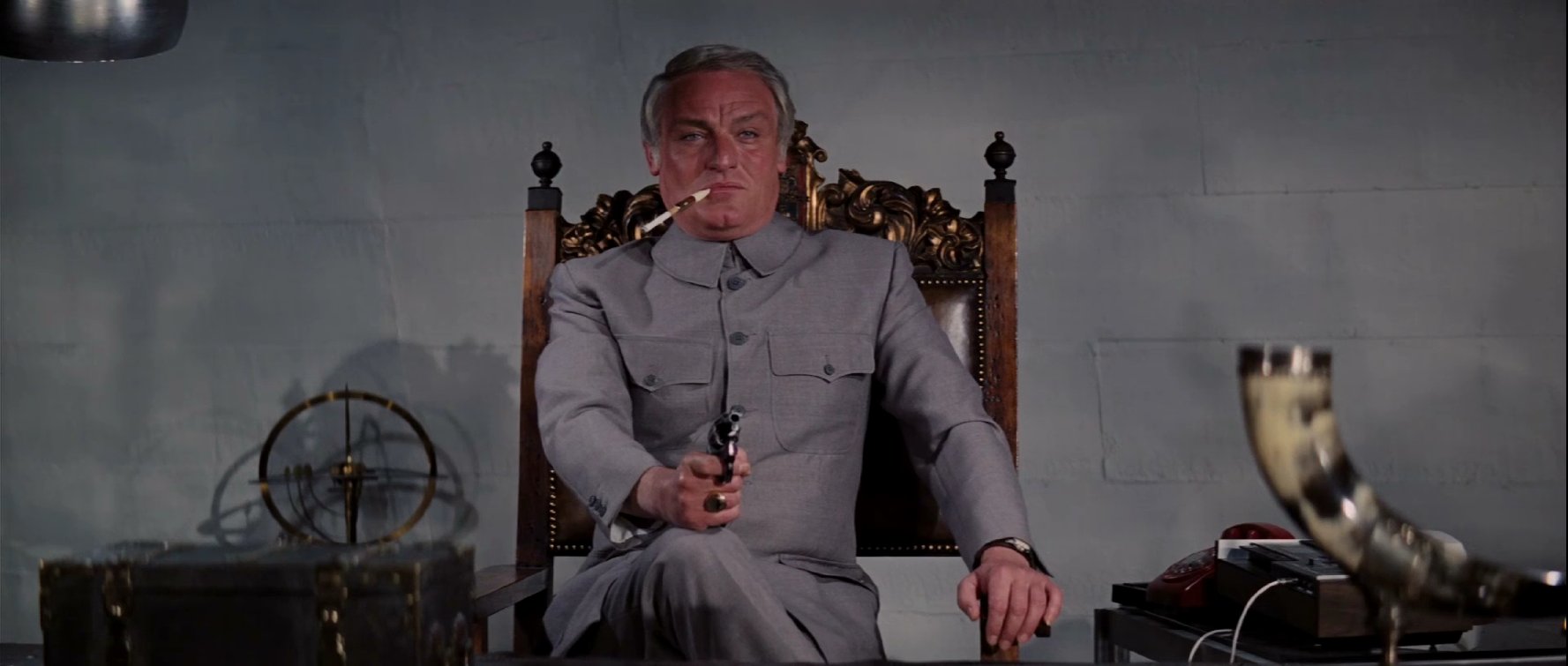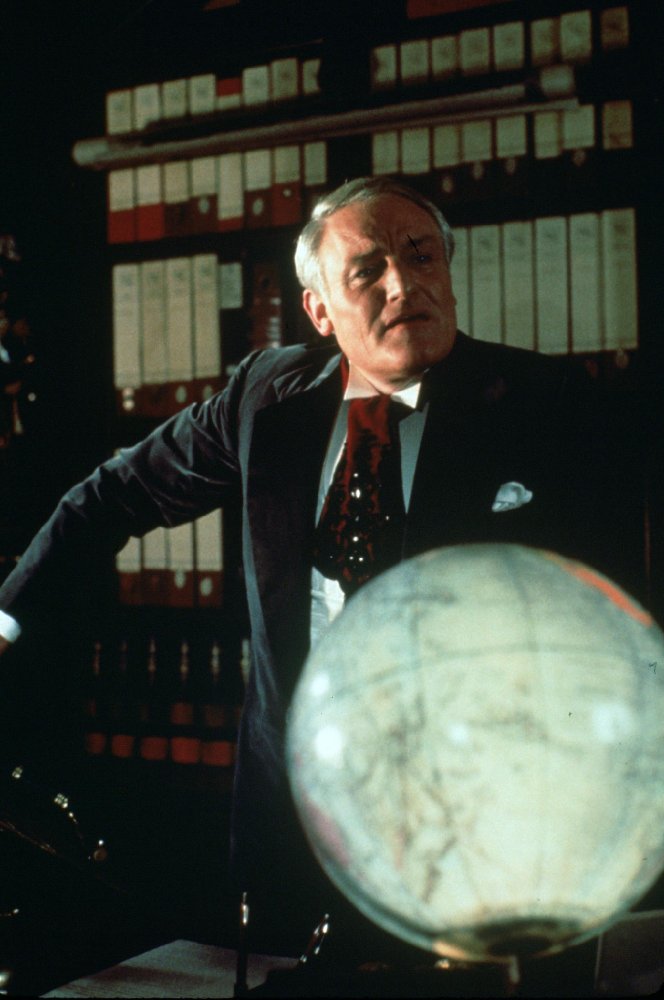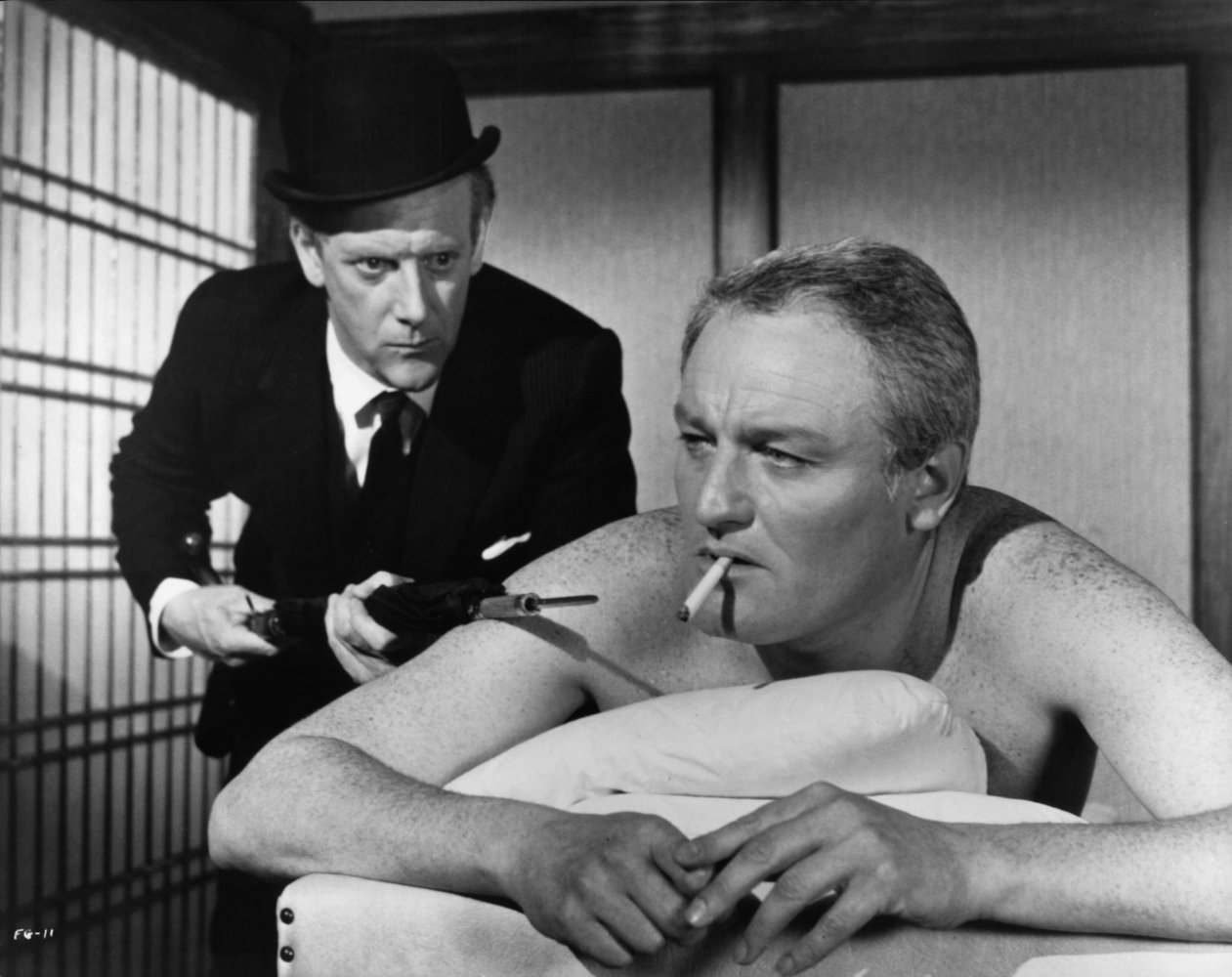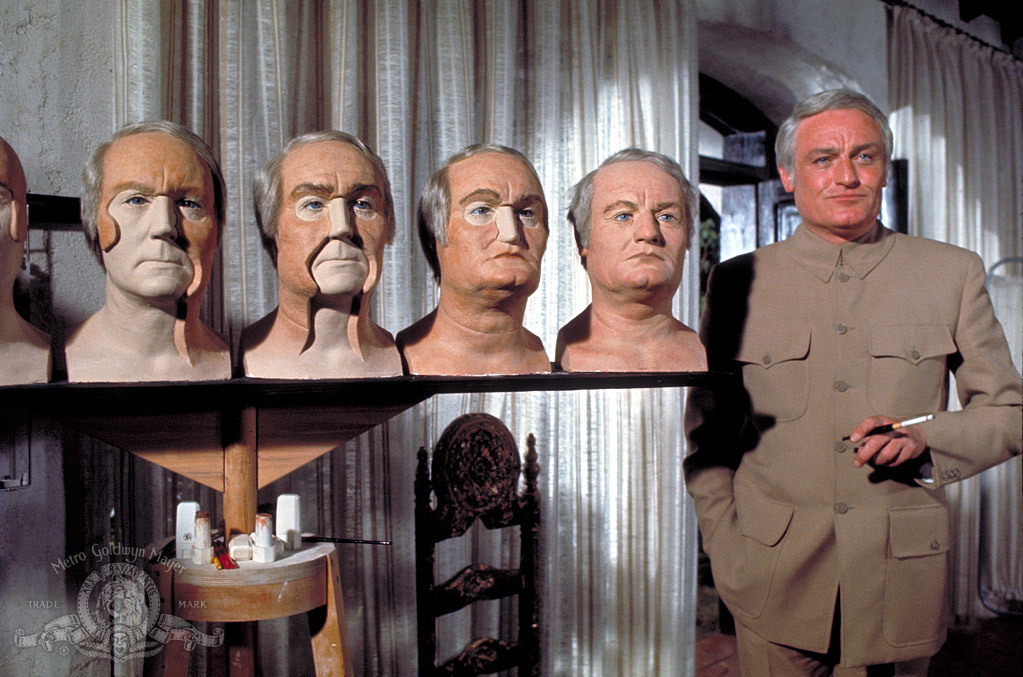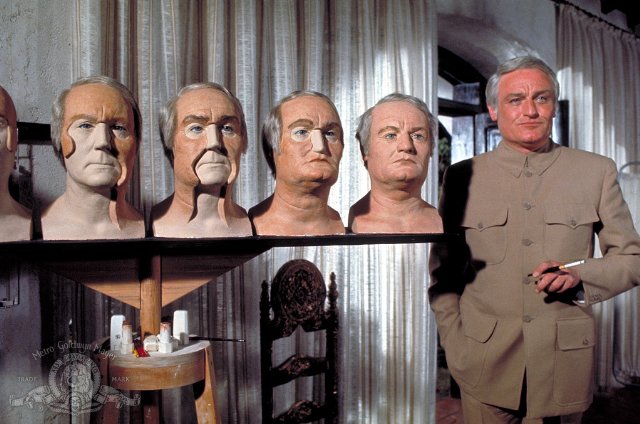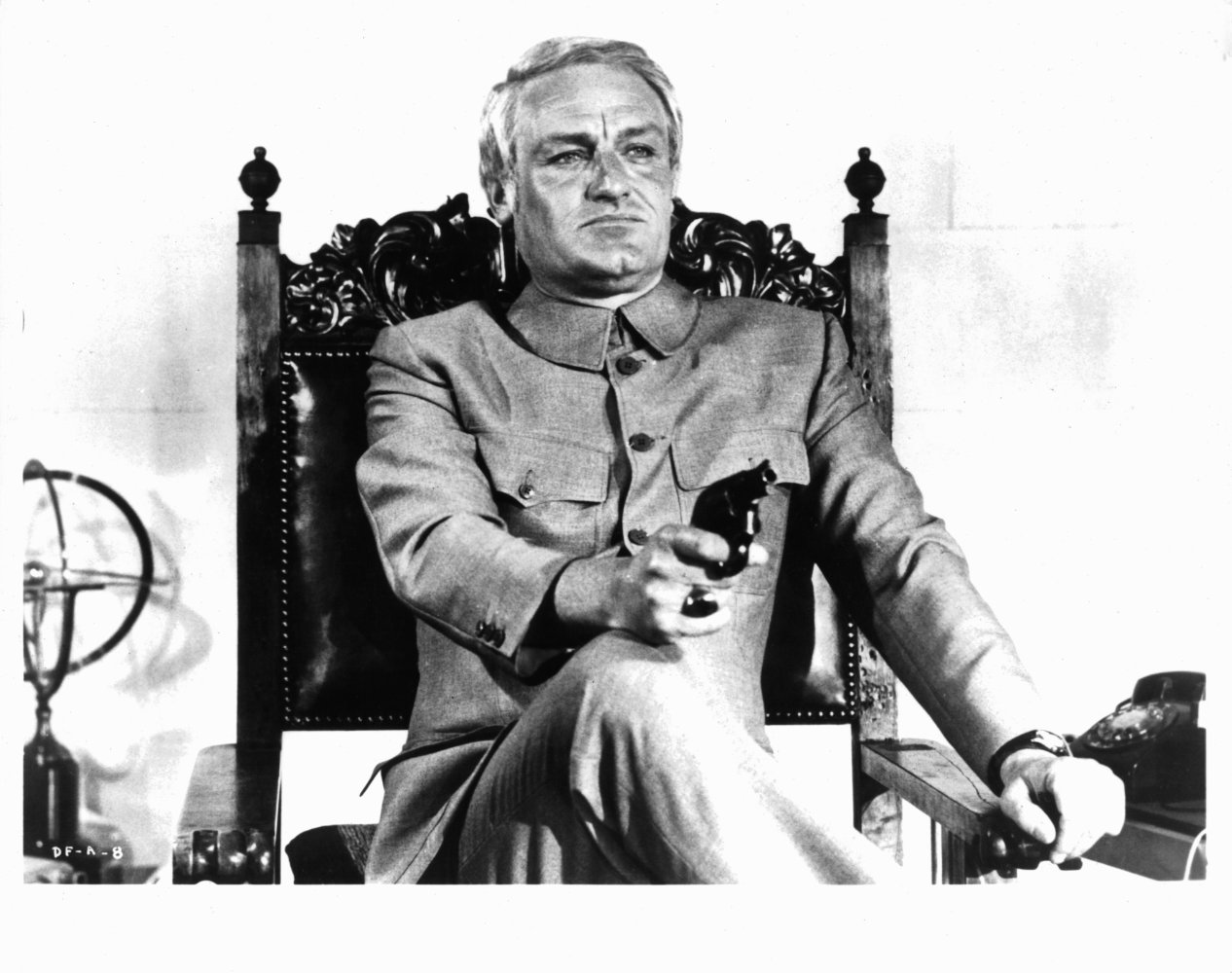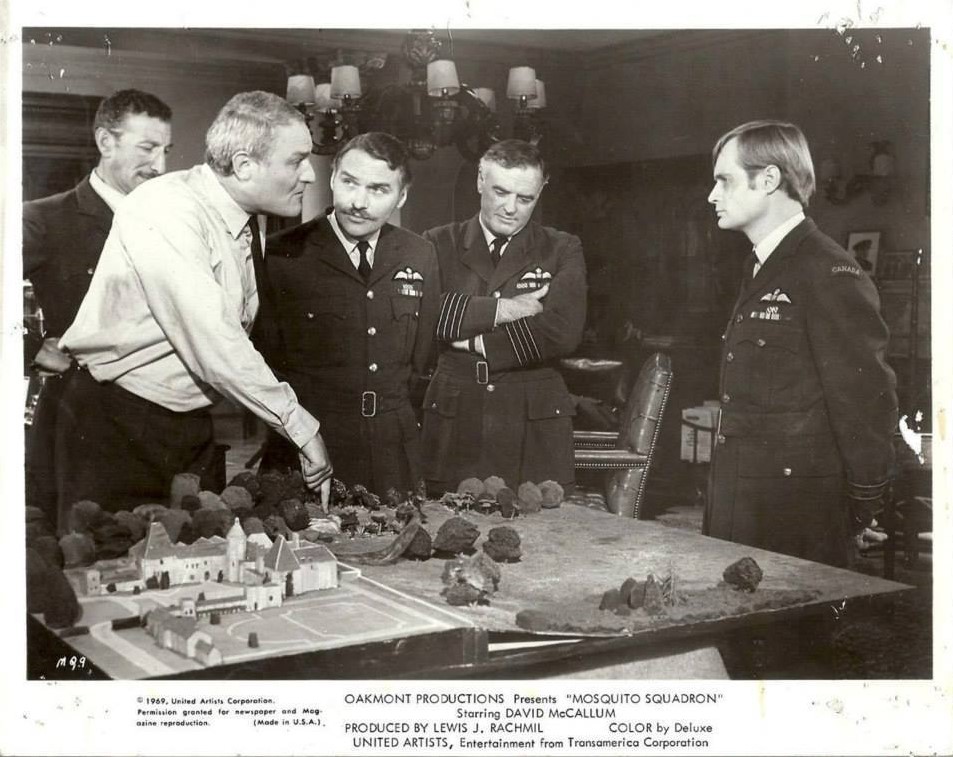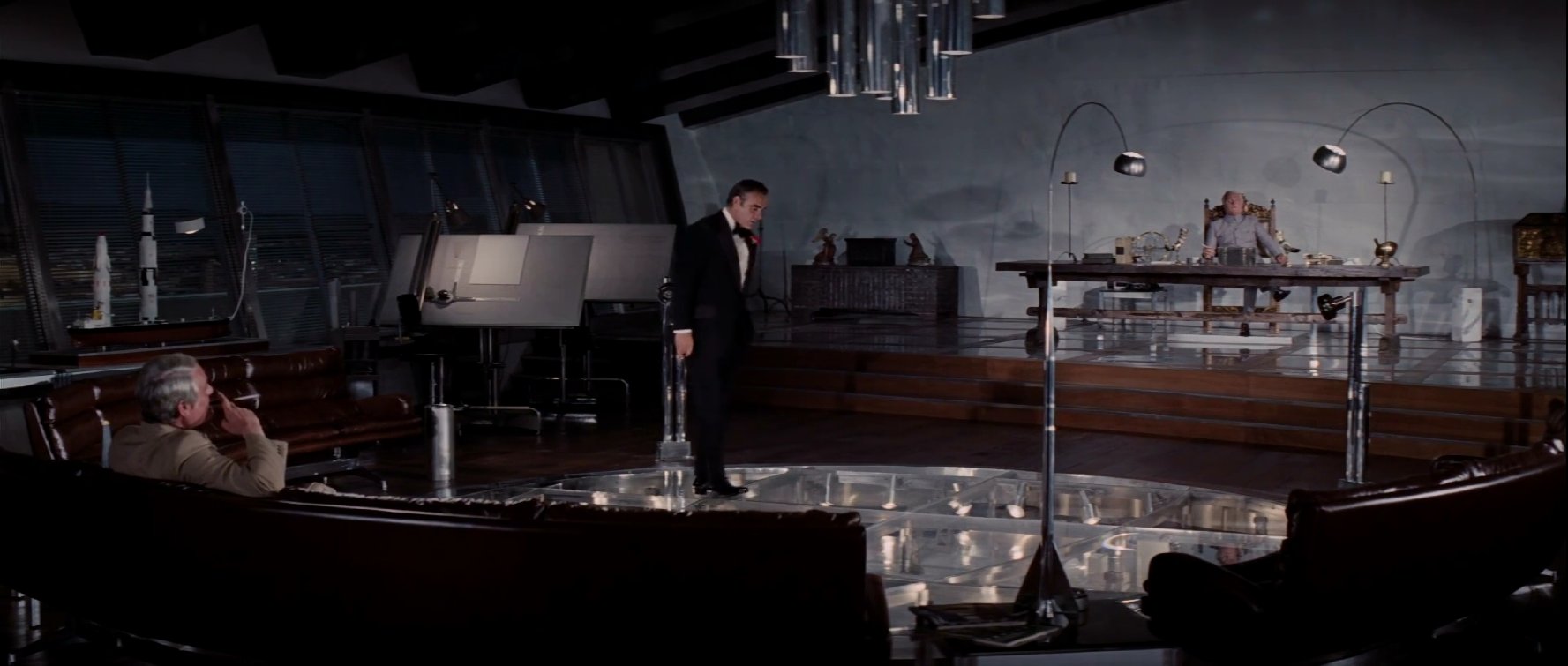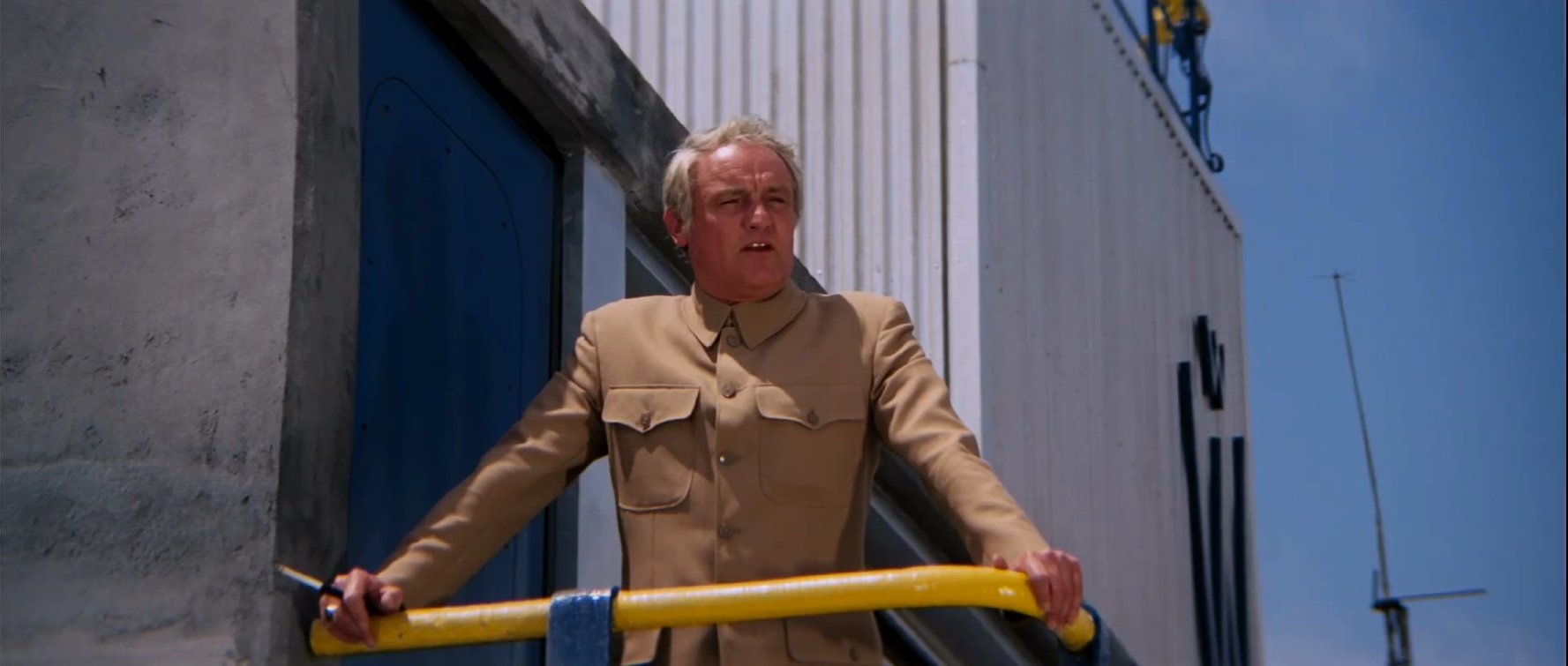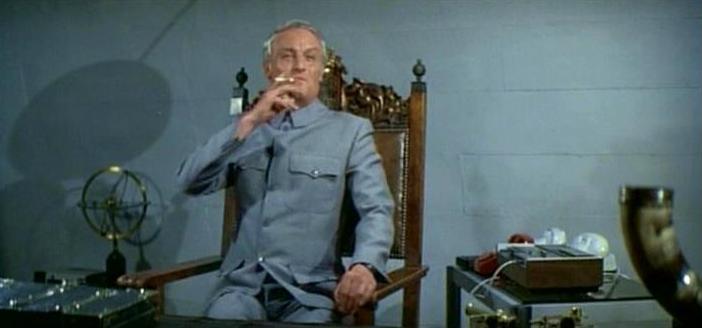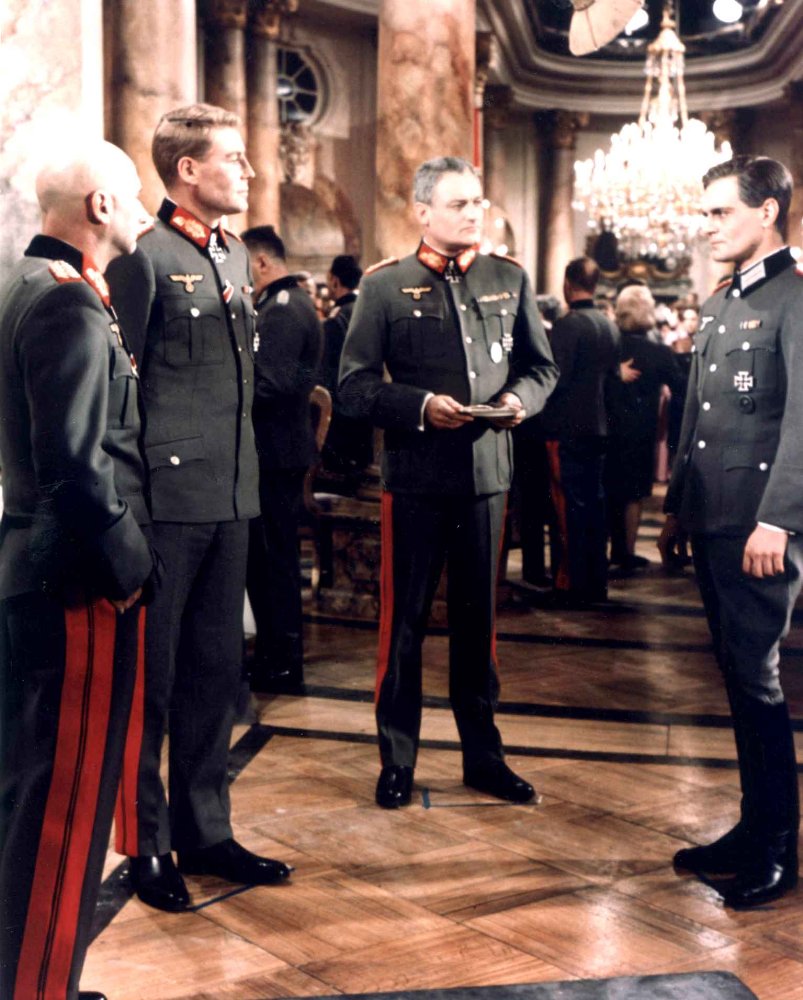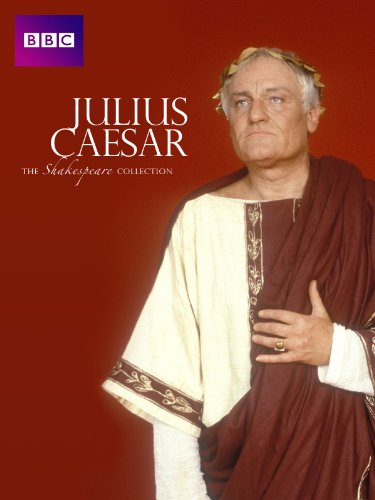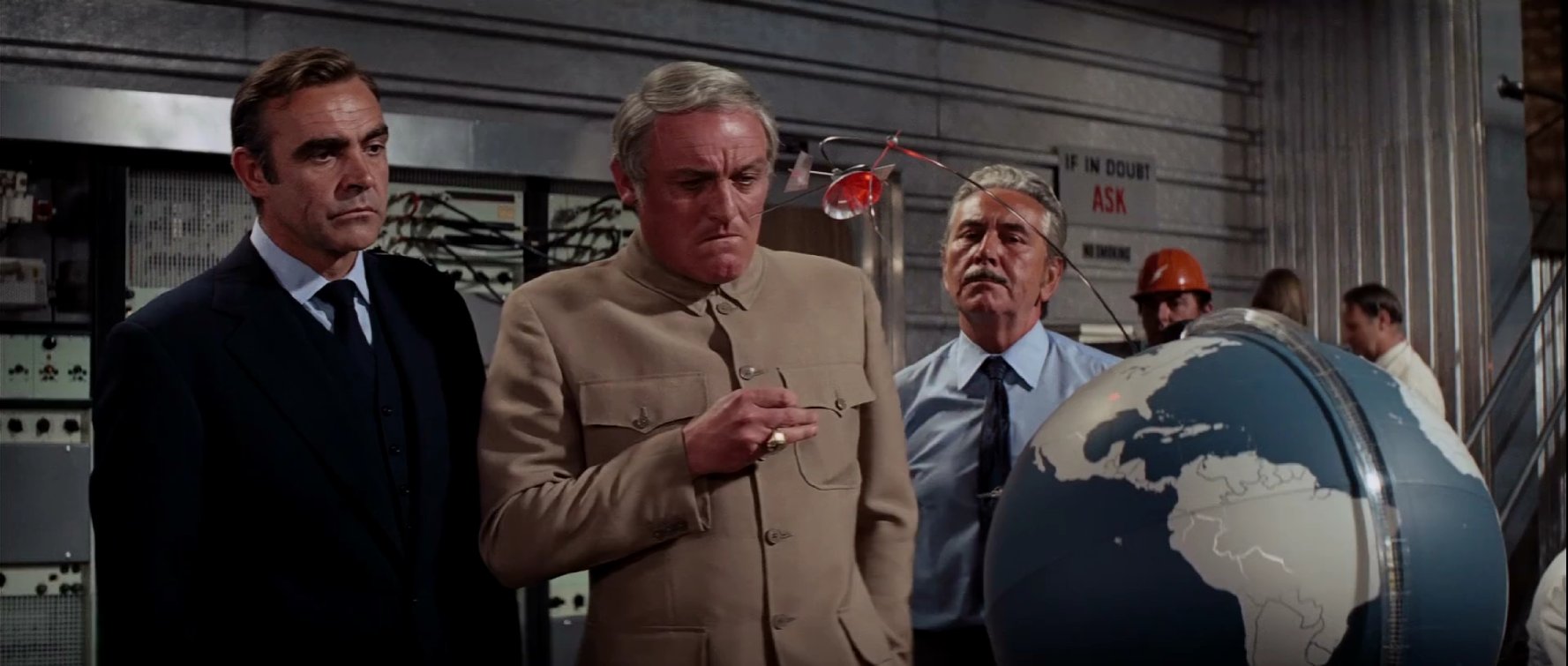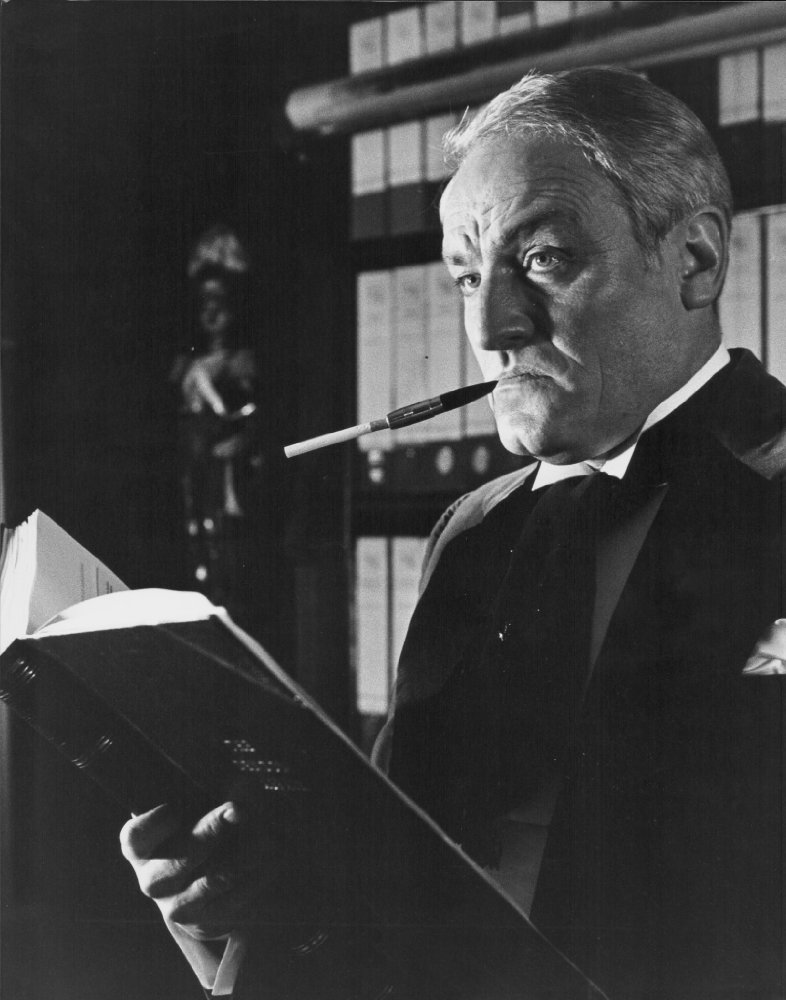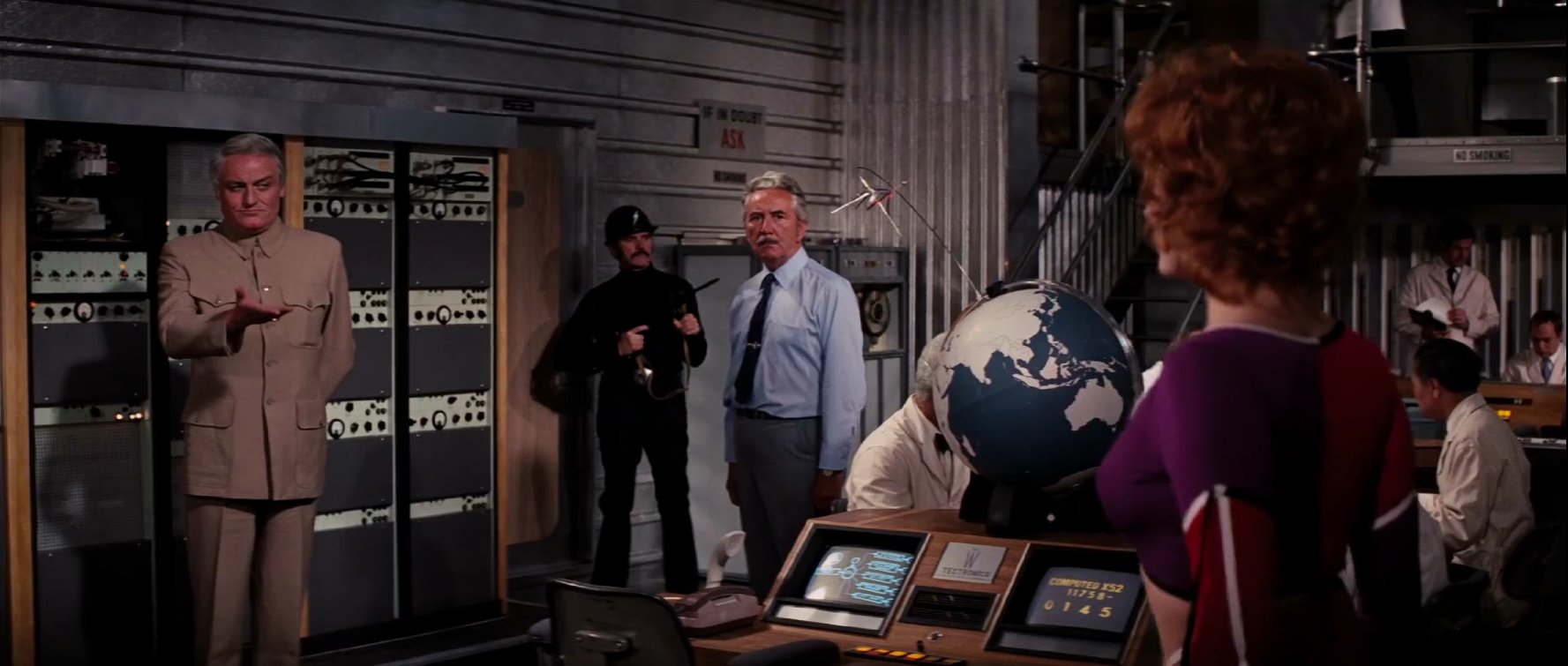The son of a surveyor, Charles Gray grew up in Queens Park, London, and went to school in his home town of Bournemouth. As a young actor, he received his vocal training from the Royal Shakespeare Company in Stratford-upon-Avon and at the Old Vic, having long abandoned his first job as clerk for a real estate agent. His voice was to become one of hi...
Show more »
The son of a surveyor, Charles Gray grew up in Queens Park, London, and went to school in his home town of Bournemouth. As a young actor, he received his vocal training from the Royal Shakespeare Company in Stratford-upon-Avon and at the Old Vic, having long abandoned his first job as clerk for a real estate agent. His voice was to become one of his most valuable tools. In fact, from January 1966, he subtly, almost imperceptibly, dubbed for Jack Hawkins after this actor became unable to speak his lines due to throat cancer. In later years, Gray's trademark voice was regularly heard on television commercials.Gray's theatrical debut came in 1952 in the part of Charles the Wrestler (he measured 6 foot, 2 inches in height) in "As You Like It", appearing under his original name, 'Donald Gray'. From 1956, as 'Charles' Gray (since there already was a one-armed actor named Donald Gray), he took to leading dramatic roles, and won critical plaudits as Achilles in "Troilus and Cressida", Macduff in "Macbeth" and as the gluttonous Sir Epicure Mammon in Tyrone Guthrie's up-dated version of "The Alchemist", in 1962. He repeated his Old Vic performance as Henry Bolingbroke for his Broadway debut at the Winter Garden Theatre in 1956. A notable later performance, while touring the U.S. and Canada, was as the Prince of Wales in Peter Stone's tale of the famous 19th century actor Edmund Kean ("Kean", 1961). In 1964, Gray won the Clarence Derwent Award as Best Supporting Actor for his part in the controversial play "Poor Bitos", by Jean Anouilh, co-starring Donald Pleasence. He was offered his first role on the big screen, reprising a success on the West End stage in 1958, as Captain Cyril Mavors,in the satirical musical Expresso Bongo (1959).For the next forty years, heavy-set, silver-haired, jut-jawed Charles Gray used his imposing frame and mellifluous voice to great effect in creating for the screen a memorable gallery of egocentric, imperious toffs, and suave, sardonic super-villains. While his performances at times verged on the camp, Gray cheerfully allowed himself to be cast within his range of basically unsympathetic characters, which he could play well and with ease. He tended to favour television as his preferred medium, though some of his most popular roles were for the big screen. Among his niche of staple characters were the coldly pompous military heavies (General Gabler in The Night of the Generals (1967), or the perpetually sneering, overbearing upper-class twits (true-to-form, as defecting spy Hillary Vance in the Thriller (1973) episode "Night is the Time for Killing"). At his evil best, he was commanding as the demonic acolyte Mocata, in The Devil Rides Out (1968) and as the feline-stroking, velvety-voiced nemesis of James Bond, Ernst Stavro Blofeld, in Diamonds Are Forever (1971). He was also suitably sinister as Bates the Butler, one of the red herrings of Agatha Christie's The Mirror Crack'd (1980).Gray's recurring roles included Lord Seacroft (senior, as well as junior) in the short-lived satirical miniseries The Upper Crusts (1973) as a down-on-his-heels aristocrat, keeping up appearances after being forced to live in a high-rise housing estate; and as the sedentary brother of the famous sleuth at 221b Baker Street, Mycroft, in The Seven-Per-Cent Solution (1976). Later, he was utilised as temporary replacement, first for Edward Hardwicke,and, subsequently, for the hospitalised star Jeremy Brett, in Granada Television's various instalments of the Sherlock Holmes saga (1985-1994). Gray never married and died of cancer in March 2000, aged 71.
Show less «

